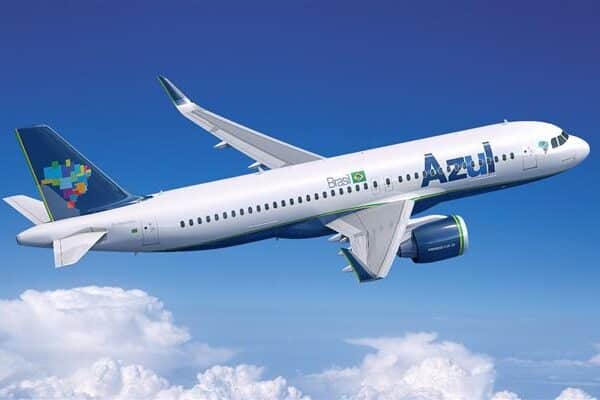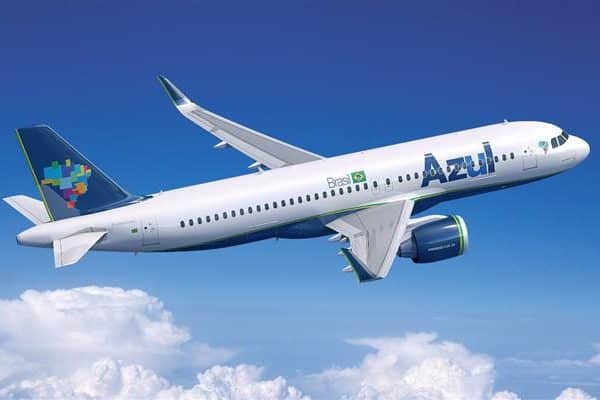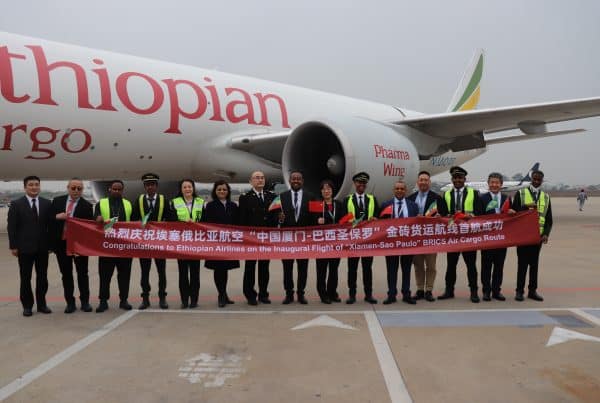Azul and LATAM Airlines Brazil are eagerly awaiting US-Brazil open-skies in order to move ahead with anticipated joint ventures, even as the jury is still out on when the long-anticipated accord would finally be implemented.
“Open skies will inevitably get approved. We want to work closely with United [Airlines] for a joint venture,” Azul chief executive John Rodgerson tells FlightGlobal in an interview.
Both airlines are codeshare partners, and also offer reciprocal frequent flyer benefits. United invested $100 million in Azul in 2015, and has expressed intentions to deepen its relationship with the Brazilian carrier.
US-Brazil open-skies was initially planned for implementation in October 2015, but lack of approval in Brazil’s congress has held up the process. In late 2017, the pact cleared the lower house of Brazil’s legislature but now requires approval by the senate before going to the country’s president for a signature.
Given the long wait for open skies, Brazil’s airline executives are reluctant to pin down an exact date for when they think the deal could finally go into effect.
Rodgerson does not rule out open skies being implemented in 2019, especially if full approvals are obtained only in late 2018.
A potential complication is general elections scheduled for October in Brazil, which could delay lawmaking activity, point out airline executives.
LATAM Airlines Group is awaiting open-skies approval to move ahead with its planned joint venture with American Airlines that will cover Brazil and most of LATAM’s Spanish-speaking affiliates.
The joint venture has received clearance from Brazil’s anti-trust regulator and is awaiting approval by a similar authority in Chile.
LATAM Brazil chief executive Jerome Cadier says it is difficult to predict when Brazil’s senate will clear the open-skies pact, but points out that legislation typically moves quicker through the senate than in the lower house.
The senate’s international relations committee will have to approve open skies, before putting the deal to a vote by the senate, he explains. Other pending legislation in Brazil could potentially delay the process, Cadier tells FlightGlobal in an interview.
“There are some big projects like pension reform that needs to go through, that might consume a fair part of their attention,” he says.
In the event that US-Brazil open skies is further held up, LATAM has the option of implementing its joint venture with American without the Brazil market although this is not ideal, says Cadier.
“You would have to start separating traffic,” says Cadier. “It’s awkward in that sense but it’s not impossible.”




